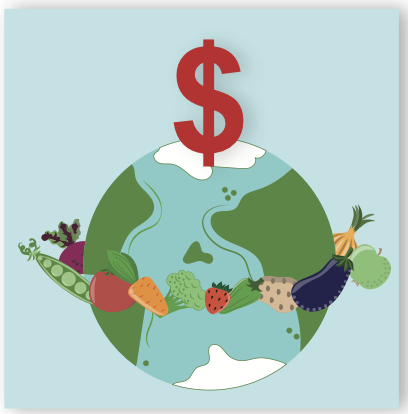Chronic Sleep Loss May Impact Body Composition
Studies have found that people who routinely dont get enough sleep are more likely to be overweight than people who get adequate sleep. Additionally, two recent cohort studies of middle-aged and older community-dwelling adults have found insufficient sleep to be associated with lower muscle mass. A new study published in Science Advances delved into the reasons why.
Physical Activity on the Rise but Still Low
According to a recent report from the CDC and federal department of Health and Human Services, only 23 percent of American adults aged 18 to 64 years get the recommended amount of physical activity.
Multivitamin Use Does Not Help Heart Health
A recent systematic review and meta-analysis published in the journal Circulation: Cardiovascular Quality and Outcomes concluded that multivitamin/mineral (MVM) supplementation does not protect against cardiovascular disease.
Muscle Loss, Obesity, and Cognitive Performance
As people get older, the body tends to lose muscle mass and strength. This process is called sarcopenia, a term coined by Friedman School professor and former dean Irwin Rosenberg. Sarcopenia can make activities of daily life more difficult and increase risk of falls. A recent study in the journal Clinical Interventions in Aging looked at whether sarcopenia could be a predictor of reduced cognition.
Vegetarian Diets Improve Diabetes Management
A recent systematic review and meta-analysis of randomized controlled trials published in the journal Clinical Nutrition found that vegetarian-style dietary patterns (from vegan, which omits all animal products, to ovo-lacto-vegetarian, which includes eggs and dairy) may be helpful in diabetes management.
Bananas Beat Sports Drinks
A study published in 2012 found that competitive cyclists performed better on long rides if they consumed either a banana (plus water) or a sports drink, compared to water alone. Now a follow-up study, recently published in the journal PLOS One, concluded that bananas are even better than sports drinks at helping these athletes recover from extreme exertion.
Vitamin D Alone Does Not Help Muscles
It has been suggested that taking vitamin D supplements could help preserve muscle strength and functionality in older adults, but a new study concluded that supplementation alone had no impact on either muscle strength or physical performance.
Cravings Can Lead to Higher Spending on Junk Food
A recent study in Proceedings of the National Academy of Sciences of the United States of America suggests that cravings for junk foods not only can undermine good dietary intentions, but also may increase spending on unhealthy choices.
Mediterranean Diet Associated with Lower Alzheimers Risk
Adhering to a Mediterranean-style eating pattern may protect the aging brain from Alzheimers disease, according to new research published in the journal Neurology. The three-year brain imaging study looked for Alzheimers disease-associated brain changes in 70 cognitively normal adults ages 30 to 60 years. Participants whose diets were closer to a Mediterranean style of eating showed fewer negative brain changes over the course of the study than those with lower adherence to this dietary pattern.
Studies Suggest Fish Oil Supplements Do Not Benefit Heart or Eyes
A growing number of Americans are turning to fish oil supplements to improve or prolong their health, but recent studies indicate these golden capsules may not be all that beneficial.
































